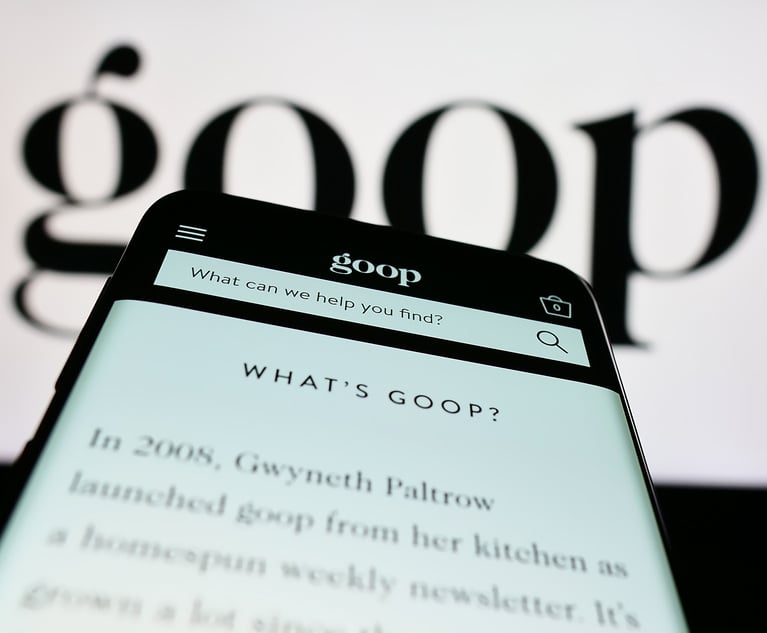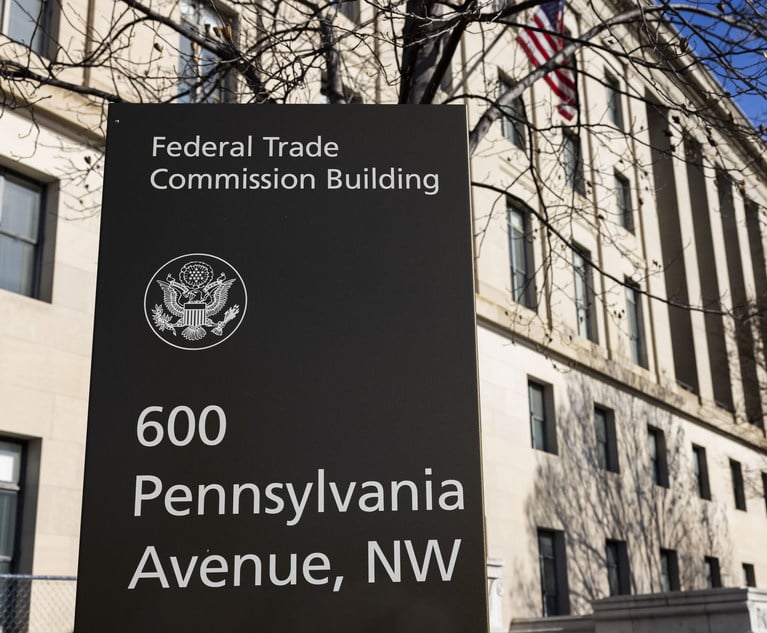This article appeared in The Intellectual Property Strategist, an ALM/Law Journal Newsletters publication that provides a practical source of both business and litigation tactics in the fast-changing area of intellectual property law, including litigating IP rights, patent damages, venue and infringement issues, inter partes review, trademarks on social media – and more.
With the advent of readily accessible artificial intelligence (AI) and the breakthrough of generative AI (GAI) programs such as ChatGPT, Stable Diffusion and Midjourney, GAI is now a staple in all facets of business. GAI programs can generate new texts, images, and content (outputs) based on textual prompts by a user (inputs). Whether prompted to write a corporate slogan, create music, generate works of art and advertisements, or summarize a book — GAI can do it all. However, its increasing popularity means that users of GAI programs face substantial intellectual property risks — particularly when businesses use GAI for marketing and other public-facing purposes.

 Credit: mrmohock/Adobe Stock.
Credit: mrmohock/Adobe Stock.







